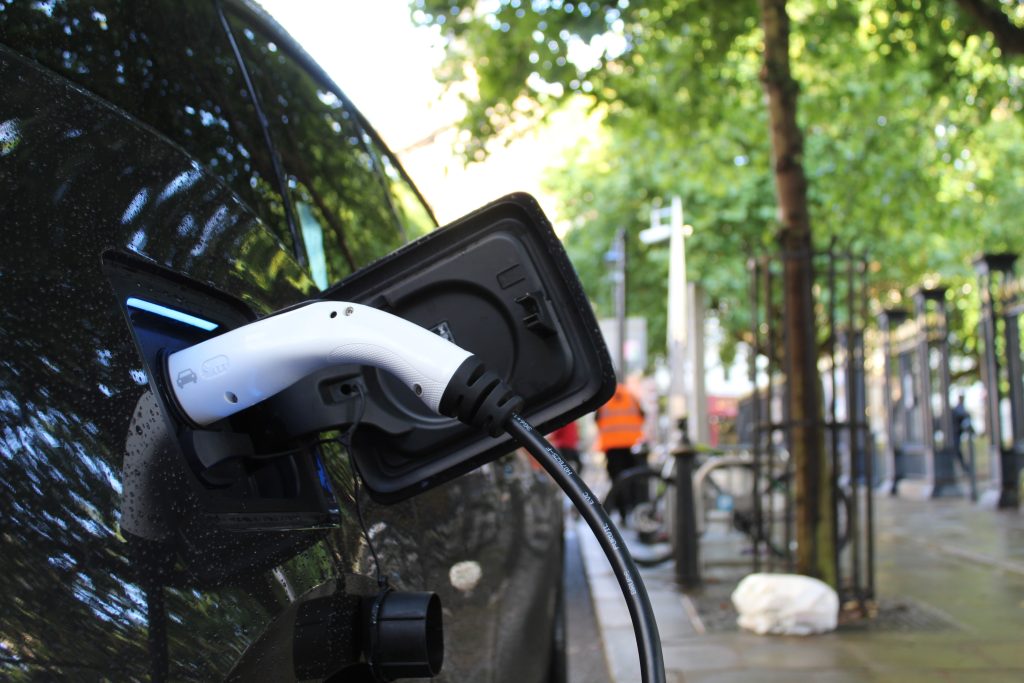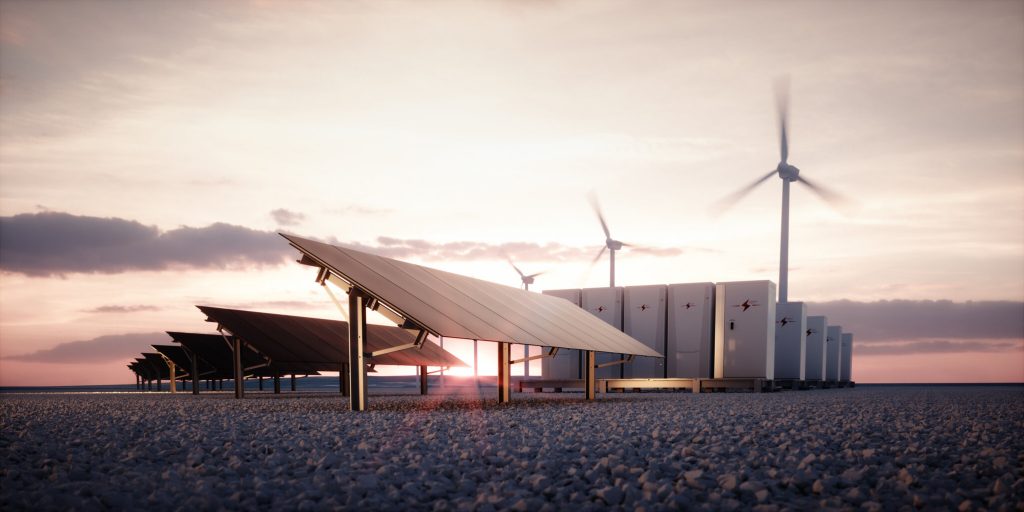As part of the Climate Action Plan, Ireland has committed to having nearly one million electric vehicles (EVs) on the road by 2030. To help encourage the uptake of EVs, a number of incentives have been put in place such as tax subsidies and generous grants toward the purchase of a new or used EV. While these incentives are a definite step in the right direction, EV owners and government officials alike have called for a greater rollout of EV charging infrastructure to help support the increase in EVs on the road. EV technology has significantly improved over the past couple of years in terms of battery life and range capabilities, but range anxiety is still a very real concern for potential EV owners, especially for those who don’t live in a major urban city such as Dublin. For those potential owners in the Midlands and in more rural areas, range anxiety and access to charge points is a valid issue, especially as other methods of transportation (such as public transportation) is not as available or convenient. Thus, ensuring that the appropriate EV infrastructure is in place throughout the entire country and not just in urban areas is extremely important if Ireland hopes to achieve its 1 million EV target by 2030.
Until recently, ESB has been Ireland’s largest provider of EV charge points owning, operating and managing over 1,100 public charge points across the island of Ireland. However, EasyGo claims to have surpassed ESB as the State’s largest provider of EV charge points. EasyGo is a Kildare-based company which uses DC rapid chargers and is now said to have a network of 1,250 charge points nationally used by more than 9,000 EV drivers.

EasyGo was established in 2018 and is on course to have 1,300 charge points in operation by the first half of 2021. They are financially backed by Rubicon Capital Advisors but have also recently secured an additional €10 million in funding from private equity to help fund the ongoing rollout of its charging network. Recently, EasyGo has signed a deal with the telecommunications firm Eir to convert 180 former telephone kiosks into rapid charge points and is also planning to roll out charge points across SuperValu’s retail network.
Gerry Cash, EasyGo director and cofounder, believes the Irish EV market to be “hugely promising” and on track to double in 2021 due to ongoing EU directives and Irish Government policies on climate action. According to the Sustainable Energy Authority Ireland (SEAI), there are currently more than 17,000 EVs and plug-in hybrids on Irish roads. Department of Transport figures, issued last year, suggest there were about 10,000 fully electric cars in the country, which amounts to less than 0.5% of the national fleet.
To reach the 2030 EV goal it is important to continue the financial incentives and to continue the rollout of EV infrastructure. Competition in the market is a great thing as it will help continue the development of charge points throughout the country and keep costs affordable and competitive.
You may also be interested in…

Blog | EV Demographics: Urban vs. Rural
As part of the Climate Action Plan, Ireland has committed to having nearly one million electric vehicles (EVs) on the road by 2030.

Publication | Energy Spectrum Ireland
Energy Spectrum Ireland distils the essential elements of sectoral issues in a concise and accessible manner so that you can stay ahead of developments.

